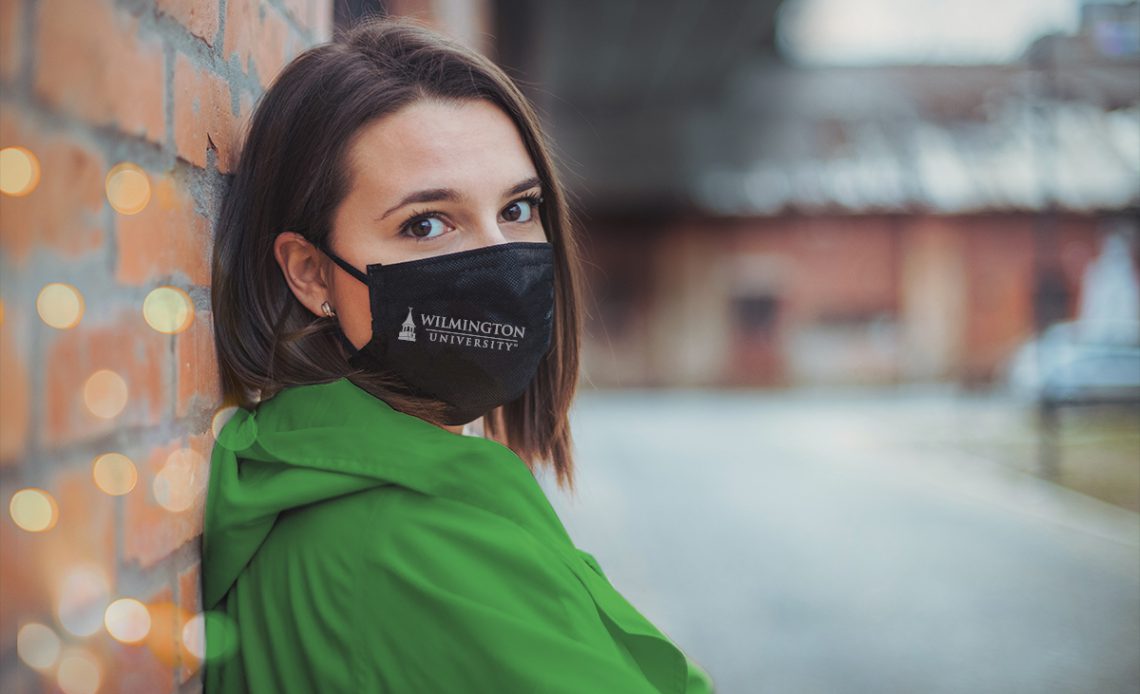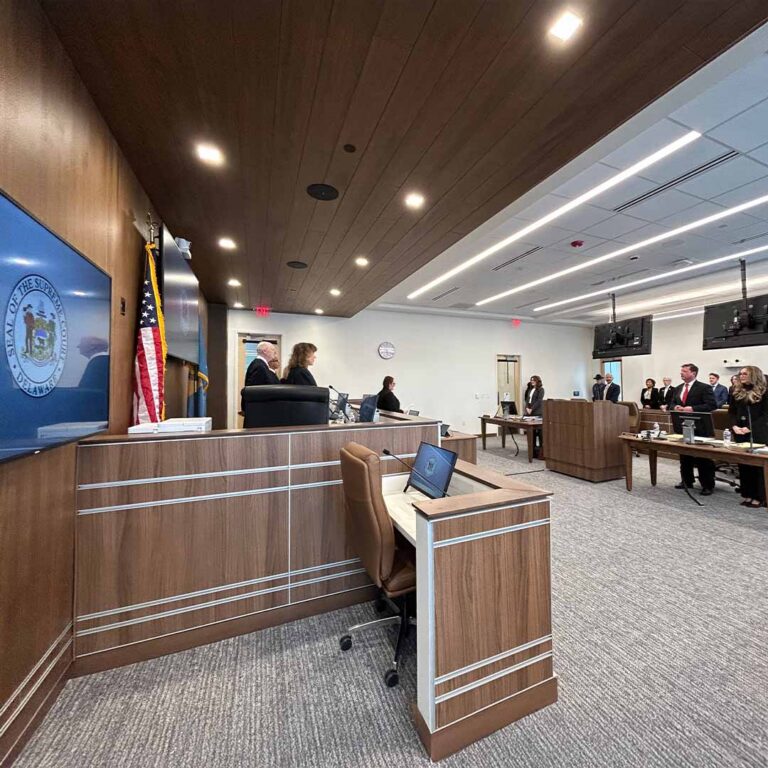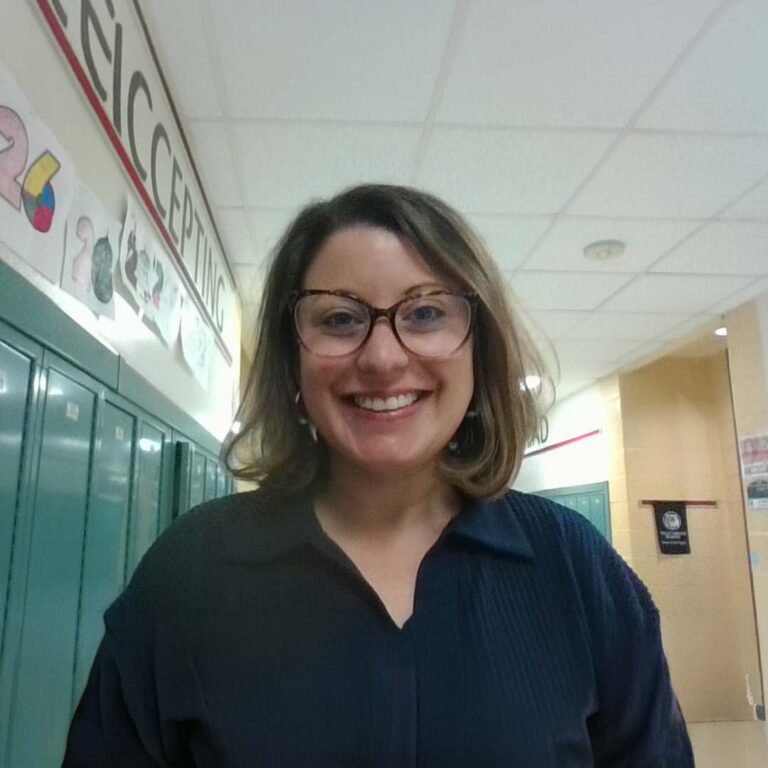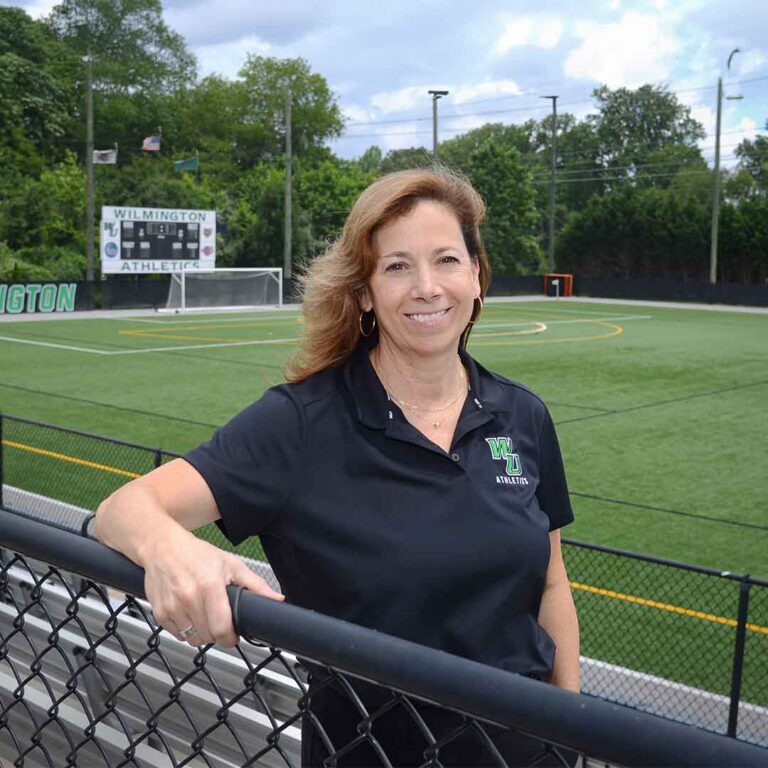COVID-19 Goodwill

It was the worst of times, and in some ways, the best of times.
In late 2019, a virus that caused the coronavirus disease emerged in Wuhan, China, then spread to more than 200 countries and territories. On Feb. 11, 2020, the World Health Organization officially named the new coronavirus COVID-19, and by March 11, 2020, deemed it a pandemic.
Businesses shuttered, schools and churches closed, local and national sports and entertainment events were canceled. Global citizens were ordered to shelter-in-place to prevent the spread of the disease. Face masks became standard garb for anyone venturing outside their dwellings. As of September 2020, the Johns Hopkins University tracker reported that global infections from COVID-19 were close to 30 million, with deaths of nearly 950,000. The numbers continued to rise as viral and antibody tests were developed.
Employees of industries deemed essential by the U.S. Department of Homeland Security — health care, law enforcement, public safety, first responders, food and agriculture, energy, communications, IT, and more — could not stay home. They served on the front lines, inspiring a new world beholden to their efforts. Many Wilmington University students and alumni stood on those front lines.
COVID-19 disrupted the norm, but it did not disrupt students’ ability to learn at Wilmington University. The University sprang into action, using its advanced technological capabilities and the dedicated Educational Technology team, with support from IT, to provide face-to-face students with a seamless and immediate transition to the online environment. This rendered the same academic quality and support to which students had been accustomed. The IT team worked intently to ensure that staff members were equipped to work remotely — that involved handling, delivering, and setting up the equipment so that virtual operations ran smoothly.
WilmU’s Maintenance and University Safety teams worked around the clock. Everyone’s safety and well-being remained a top priority as the administration closely monitored daily updates from the Centers for Disease Control and Prevention, Education Advisory Board, and the State of Delaware. The University’s Emergency Management Department was in constant contact with the Delaware Division of Public Health for local information and support. Remotely, staff and faculty worked collaboratively and maintained their traditionally excellent service to students.
WilmU established the WilmUnity Support Fund for students whose lives were financially impacted by the COVID-19 pandemic. The campaign is ongoing, and members of the entire WilmU community continue to donate. To further assist students, there was no tuition increase for the 2020-2021 academic year.
“I have never taken our dedicated board of trustees, administration, staff, or faculty for granted,” says WilmU President Dr. LaVerne Harmon. “But when you face a crisis like COVID-19, you are reminded of how much colleagues care about students and each other. You truly appreciate the character it takes to remain strong during difficult times.”
In It Together
President Harmon led the University through the pandemic, facing immediate challenges concerning the safety and well-being of students, faculty, and staff,” says Senior Vice President and Chief Operating Officer Dr. Erin DiMarco. “She made critical decisions as news about COVID-19 grew increasingly more alarming, and things changed day-to-day. Dr. Harmon had to consider how the pandemic would impact the University from a business perspective while safeguarding its academic integrity.” The President asked Dr. DiMarco to convene a small response planning group whose mission was to develop a COVID-19 preparation strategy. This became the Response Planning Committee, and it comprised several University leaders who focused on ensuring that all operations ran smoothly.
“She communicated frequently with staff, faculty, and students, and collaborated with the teams she put in place,” says Dr. DiMarco. “As a result, our administration, faculty, and staff worked together to ensure our students’ safety and success.”
The Human Resources Department worked tirelessly to keep employees informed and engaged, and quickly moved all employee development opportunities online. The team collaborated with Educational Technology to offer fun and informative sessions designed to keep colleagues connected. “Additional resources and communication forums were provided for all aspects of employee health and wellness,” says Vice President for Administrative and Legal Affairs Chris Trowbridge. “The well-known compassion and caring of our HR team were on display remotely as they offered countless individuals the personalized assistance, guidance, and support they needed.”
The Wilmington University Library and Information Technology teams immediately increased the number of laptops to lend to students. “As students requested these laptops, they were mailed to their homes at no cost to them, and we eliminated all due dates so they could keep them until the crisis was over,” says Library Director Jim McCloskey. The library continued to mail books and other materials to students at no cost and quickly increased the number of virtual instruction sessions. Staff prepared a COVID-19 research guide to assist anyone who sought unbiased, research-based e-journal articles, ebooks, and reliable statistical sources about the virus. Also, the library initiated an eReading Circle to allow students to engage librarians and fellow students. “We also expanded access to electronic resources through several publishers, databases, and global online dissertations,” says McCloskey.
The College of Health Professions held weekly town hall meetings via Zoom for students and faculty. The Sunday evening, one-hour forums provided accurate information via personal interaction. This offered a touchstone for students, many of whom were already employed in the health care industry. WilmU honored their work on the front lines by remaining flexible and cognizant of the struggles they faced personally and professionally throughout the pandemic. “The meetings covered local, regional, and national public health updates; nursing accreditation and certification updates; how our academic programs are responding and revising in the face of the current circumstances; and our shared perspectives on the personal and professional impact of the COVID-19 pandemic,” says Dean Dr. Denise Wells. “They also proved essential in addressing the COHP’s decision, based on authorities’ recommendations and healthcare facilities’ restrictions on access to their facilities, to suspend all direct care clinical experiences for graduate nurse practitioner and post-graduate certificate programs, and in developing alternative courses of action.” The sessions helped students feel connected. “They were a sure thing in a world of day-to-day uncertainty.”
University departments and colleges held regular Zoom meetings throughout the quarantine period, including Enrollment Management and the Student Success Center, which was on call to assist with a variety of projects and hold virtual tutoring sessions.
Dr. Robin B. Weinstein, chair of the Human Resources Management Program in the College of Business, is president and founder of The M25 Initiative, which serves Cumberland County, New Jersey, residents who face food insecurity and economic challenges. He announced recently that the M25 board awarded more than $50,000 in grant funding to assist programs feeding the Cumberland County community during the pandemic. Approximately 20 county-based programs were awarded funding. “This funding is aimed at supporting those on the front lines of fighting poverty, homelessness, and hunger,” says Dr. Weinstein. “We want our armies of compassion to know that we have their backs while they look after the needs of our neighbors. We also want the community to know that our Housing First Collaborative is continuing to find homes for those who face chronic homelessness, and we expect to meet our goal of 100 people housed by the end of this year.”
The Educational Technology and Human Resources departments started a “Take 15” series to create fun and engaging content during the crisis. Topics included cooking, fitness, entertainment, art, and more.
Dr. Matt Wilson, associate professor and chair of Humanities, First Year Experience and English as a Second Language in the College of Arts and Sciences, developed and implemented a virtual weekly luncheon series for Leadership Delaware entitled “Leadership Beyond COVID-19.” Topics included responding, reopening, restoring, rebuilding, and resilience. Featured speakers included Dave Tiberi, Alan Levin, Malia Boone, and Peter Atwater. Dr. Wilson serves as a board member for Leadership Delaware.
Dr. Stephanie Battis, a full-time faculty member and graduate advisor in the College of Business, coordinated via Zoom the Business Skills for Leaders program to high school students who took part in Jobs for Delaware Graduates, a nonprofit that assists high school students in developing skills for future jobs. According to its website, JDG was designed in 1978 by five working groups in Delaware, drawn from business, educational, workforce, labor union, and community leadership to address Delaware’s unemployment and dropout rates. Dr. Battis supported Alex Yoh, Dr. Lynda Fuller, Dr. Frank Ingraham, and Dr. Janice Wardle as they presented workshops to several students throughout May. They covered business writing, customer service, job preparation, personal branding, job search, and social media.
Theresa Bennett, of the College of Education, funded a MacBook for alumna Kari Lleras, a teacher in Brooklyn, New York. The teacher then connected remotely with her students throughout the pandemic. “Kari Lleras was a WilmU student in our first Master’s in Reading cohort in Laurel,” says Bennett. “I’m so proud of Kari and the work she did in Delaware and now in Brooklyn. It was my pleasure to fund 90 percent of her Donor’s Choose project.”
Shortly after the pandemic began and shelter-in-place orders emerged for states including Delaware and New Jersey, Dr. Debra Berke, director of Psychology Programs and the Center for Prevention Science in the College of Social and Behavioral Sciences, was asked to speak to Bethany Grace Community Church in New Jersey about coping with trauma and the quarantine. “Dr. Robin Weinstein, a WilmU colleague and pastor at Bethany Grace, arranged the presentation via Zoom,” says Dr. Berke. According to Dr. Weinstein, “The forum was open to church attendees and members from the community, including other clergy. It had over 40 participants. Dr. Berke’s presentation was compassionate and informative. During a time of heightened stress, she validated the feelings of the participants and gave all of us tools to not only help ourselves but to help others during the COVID pandemic.”
The Online Learning and Educational Technology Department hosted its 11th annual Teaching and Learning with Technology Symposium, allowing hundreds of WilmU faculty members to attend via Zoom. Each year, the program offers faculty an expansive menu of training on technical topics and adult teaching strategies. In the past, this event took place on one day and featured different tracks. Faculty could get up to six hours of professional training by attending five of 20 sessions, then enjoying a keynote presentation. Thanks to stay-at-home orders and other restrictions imposed by the pandemic, the Educational Technology team seized the opportunity to transform the usual one-day event to five days online. That way, the faculty could attend all sessions. “Our trainers are not just showing faculty what buttons to push to use an educational technology tool,” says Dr. Sallie Reissman, assistant vice president and dean of the College of Online and Experiential Learning. “They are teachers themselves, so they know how to utilize technology to better help students master learning objectives.”
In place of her regular monthly volunteer shift, Katie Burke, assistant to the vice president of External and International Affairs, delivered breakfast sandwiches to 12 family members at the Ronald McDonald House in May. “Although the world was halted due to COVID-19, that didn’t mean there were not families who were still caring for loved ones,” says Burke. “WilmU has continued to donate breakfast for the families staying at the Ronald McDonald House. Our volunteer WilmU chefs missed their cooking shifts, but we were still donating and dropping off food until we could get back into the kitchen for our monthly Saturday breakfast shifts.”
The College of Technology joined forces with Italian Kitchen to send 50 meals to Unit 5C at Christiana Hospital. It was their way of thanking the brave workers for their perseverance throughout the pandemic. “Tim Day came up with the idea and coordinated it,” says Dr. Anthony Carcillo, dean of the College of Technology. “While doing this, we discovered that the manager of Unit 5C, Benita Robinson, is a WilmU graduate!”
Wilmington University’s Criminal Justice Institute didn’t skip a beat during the COVID-19 pandemic. Directors Dr. Ray Carr and Scott Duffey developed a partnership with The Vidocq Society, which provides pro bono expert assistance to the law enforcement community in solving cold case homicides throughout the world. In cooperation with Vidocq, the CJI created a webinar series called “To Catch a Criminal.” The inaugural offering, “The Forensic Genetic Genealogy Revolution” was presented virtually in June by Dr. Colleen Fitzpatrick, the creator of Identifiers International, and recognized widely as the founder of modern forensic genealogy. Throughout the quarantine period, the CJI nurtured its relationship with the Delaware Department of Corrections via Zoom and developed an eight-week block of instruction that will be taken by all DOC employees over the next three years. Additionally, adds Dr. Carr, “we developed free online versions of our Cyber Intrusion course for the Wilmington University community and the public.” In July, Dr. Carr was inducted virtually into the Vidocq Society and is now one of just 82 full members in the world.
WilmU alums and adjuncts Jeffrey Benson Jr. and Kathryn Burritt, as well as alumnus Dr. Julius Mullen Sr., the chief clinical officer of Children & Families First, joined forces with the Seaford Community of Hope. They coordinated food trucks that served more than 35,000 meals to Seaford School District students since the COVID-19 school shutdown.
The University Relations team created a thoughtful campaign to thank first-line responders and other local heroes for their work during COVID-19. They also developed WilmU face masks and special designs for the Class of 2020.
Dr. Clint Robertson is a member of the Downtown Dover Partnership, which worked vigorously to support Dover businesses during the pandemic. He also wanted to support the essential agriculture industry by working with his former U.S. Merchant Marine Academy student Gordon Inouye, a retired executive from American President Lines who lives in Hawaii. Inouye supports the Hawaiian flower exporting business. Hawaii was hit hard by the coronavirus quarantine, mainly because a two-week quarantine was required of its visitors. “Another large industry hit by the quarantine was the flower exporting business,” says Dr. Robertson. “Since most of the florist shops in the U.S. and Canada were closed, the flower brokers and wholesalers were not ordering fresh flowers.” Dr. Robertson supported Pacific Florists in its efforts to survive.
Members of the College of Arts and Sciences became mask makers. Math Chair Diane Bansbach used her friend’s 50-year-old sewing machine to make masks for Kent County business employees. Her husband’s company, Dixon Valve & Coupling, printed hundreds of ED plastic masks for EMT personnel. Dr. Kate Cottle made her masks for friends, family, and others. She used recycled and scrap fabric when she ran out of elastic for the ties. The college also donated gloves, surgical masks, and cleaning wipes from WilmU’s science programs to Christiana Hospital.
To celebrate the May 2020 graduates, Senior Director of Web and Systems Communications Kevin Barry led the WilmU homepage design that featured dynamic scrolling text listing their names, degrees, and colleges.



